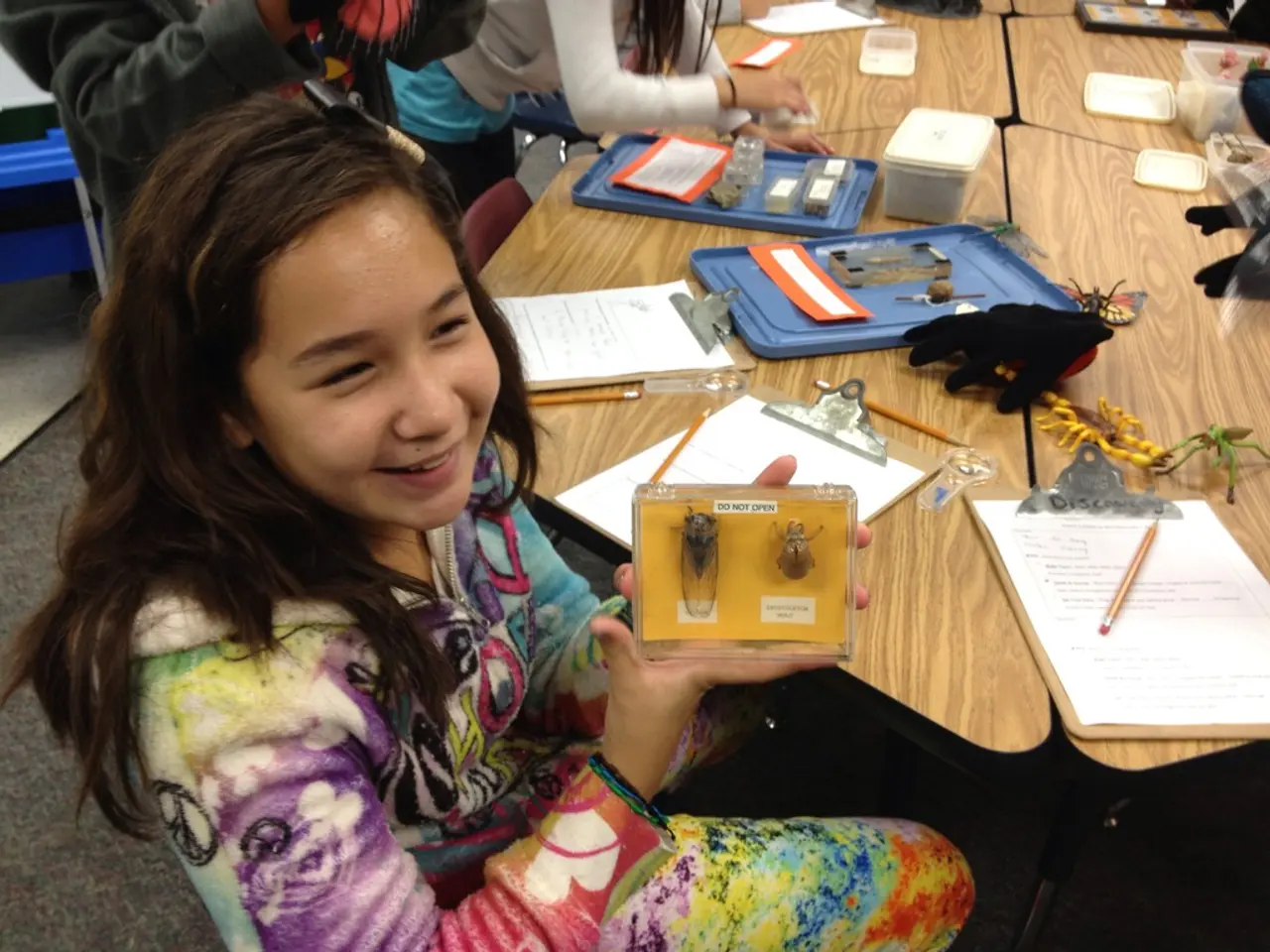Finding the Ideal Mentor Boosts Research Success - Discovering My Guide
At Princeton University, undergraduate students with a passion for neuroscience research can forge their paths, even without a dedicated department or program. One such student embarked on an extraordinary research journey in the field of psychedelic research, guided by Dr. Augustin Hennings, who specialises in fMRI neurofeedback and memory control enhancement.
## Navigating Research Opportunities
The student's initial challenge was finding a way to get involved in research as a first-year student. To overcome this, they attended Princeton's ReMatch events, a research-mentoring program, and researched online, skimming lab websites and recent papers. They made a list of professors whose work excited them, including Dr. Hennings, and sent out emails to those whose research interests aligned with theirs.
Though some professors never responded, reaching out to them can lead to opportunities. Cold-emailing a professor or reaching out to a graduate student can be a valuable strategy for connecting with research opportunities.
## Connecting with the Right Mentor
Finding the right mentor can significantly impact one's research experience. For the student, Dr. Hennings proved to be an ideal mentor. They set clear goals, met regularly, and discussed what they hoped to gain from the experience.
Research involves exploration, not just in the lab but within oneself. The student became more confident in lab skills and speaking up for guidance or new opportunities. They found that research is a journey of self-discovery, as well as a means to contribute to scientific understanding.
## Accessing Research Opportunities
Undergraduates can access research opportunities through various channels. The Psychology Department houses many neuroscience research opportunities, while labs in molecular biology, bioengineering, and chemistry may offer projects relevant to neuroscience.
Princeton's Office of Undergraduate Research provides advice, funding, and listings for research opportunities. Students can also directly reach out to professors, attend departmental seminars and events, and apply for research fellowships and internships.
Online and virtual research internships are also available, offering students a chance to gain foundational research skills and mentorship, even if not directly at Princeton.
## Key Considerations
Academic preparation, networking, and funding are crucial considerations when pursuing research opportunities. Taking relevant courses in psychology, biology, neuroscience, or related fields strengthens one's application for research positions. Building relationships with professors, graduate students, and lab staff demonstrates genuine interest and initiative, which can open doors to research experiences.
Many research opportunities come with funding or stipends. Students should apply for university or external grants to support their research work.
In conclusion, undergraduate students at Princeton can successfully find and connect with neuroscience research opportunities by being proactive, using university resources, and seeking out both on-campus and external research experiences. The student's journey serves as an inspiring example of how one can navigate the world of psychedelic research and make a significant contribution to the field.
- The student's journey through psychedelic research, guided by Dr. Hennings, demonstrates how education-and-self-development and career-development can be intertwined, as they not only contributed to scientific understanding but also honed their learning and communication skills.
- In addition to their senior thesis, the student also worked on a junior paper, showcasing their commitment to research and their growth as a scholar in the field of neuroscience, emphasizing the importance of ongoing learning and exploration in academic pursuits.




